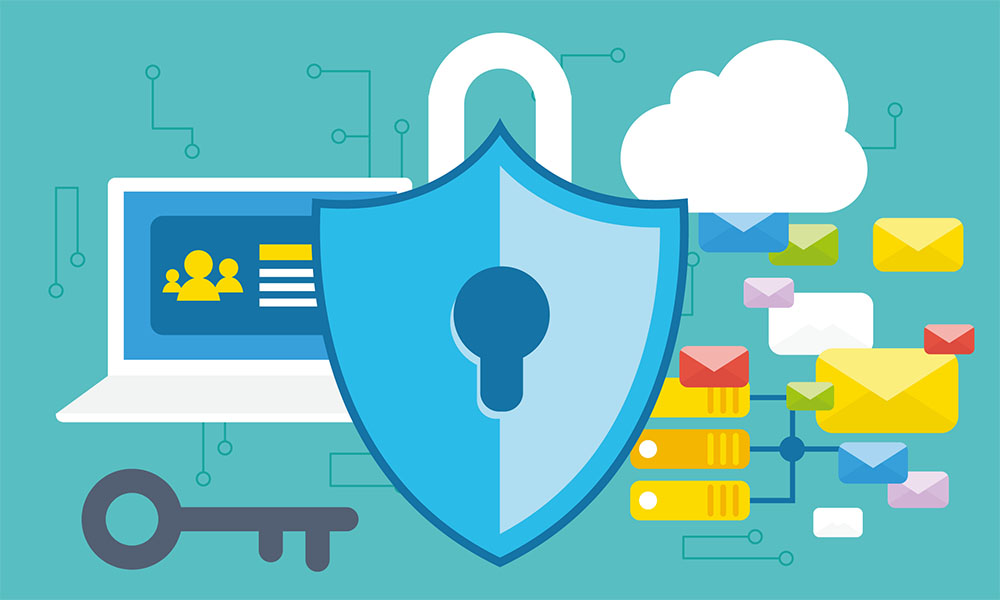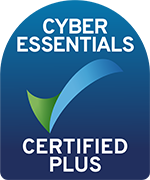
BitLocker : The Basics
If you’ve never heard of BitLocker then you can take comfort from the fact that you are probably in the majority. Despite its name, BitLocker has nothing to do with Bitcoin. It’s an encryption app that is owned and run by Microsoft. It was recommended by the developers of TrueCrypt as the replacement for their software when they closed the project in 2014.
If you’re in the market for encryption software for general security and to protect yourself against ransomware attacks read on. This is a brief guide to what you need to know about it.
BitLocker – Your data may be accessed by the U.S. Government
This may sound melodramatic and – in a way – it is. However, whereas TrueCrypt was open source software, BitLocker is closed source. That means that people who have a good knowledge of coding could take a good look at TrueCrypt and ensure that there were no secret backdoors allowing US government agencies access to your encrypted data. Because BitLocker is closed source, nobody has been able to examine the code and ensure that governments do not have secret access.
BitLocker only works with certain flavours of Microsoft Windows
If your company uses Macs then you’ll have to move along, there’s nothing to see here. Windows users will need to be specifically on: Windows Vista or 7 Ultimate, Windows Vista or 7 Enterprise, Windows 8.1 Pro, Windows 8.1 Enterprise, or Windows 10 Pro. What’s more, any computer on which you wish to install BitLocker needs at least two partitions and should have a Trusted Platform Module.
Basically, this is the equivalent of a doorkeeper, which checks your PC’s ID. There are ways you can run BitLocker without one, but it is strongly recommended.
The pros and cons of Encryption
The advantage of BitLocker is that it does its job very well and it is backed by a blue chip company, which has been around in IT for a long time and intends to be around for a long time to come.
While Microsoft has its fingers in a lot of pies these days, it is still very much focused on the corporate/enterprise market and it knows it has to deliver to keep its core customer base happy.
The disadvantages of BitLocker are much what you’d expect from any piece of software of this nature. It is going to take up space on your hard drive, it is entirely possible that it will make your PC run a bit more slowly and, of course, it is going to make you enter a password to access your computer and/or certain files thereon.
If all your data (or at least your sensitive data) is in the cloud or on highly-secured desktops, then BitLocker may be more hassle than it’s worth, but it is certainly worth a look for laptops and is mandatory to gain Cyber Essentials Certification.
Whether you are interested in using BitLocker on your personal PC or on an enterprise basis within your organisation, a great IT Service Provider can ensure you are set up correctly and are using the software to the best of its capabilities. Encrypting your data can protect you in the event of theft and perhaps government intrusion (though see above for more clarification on that), and everybody wants to feel confident and secure in safeguarding their files.



